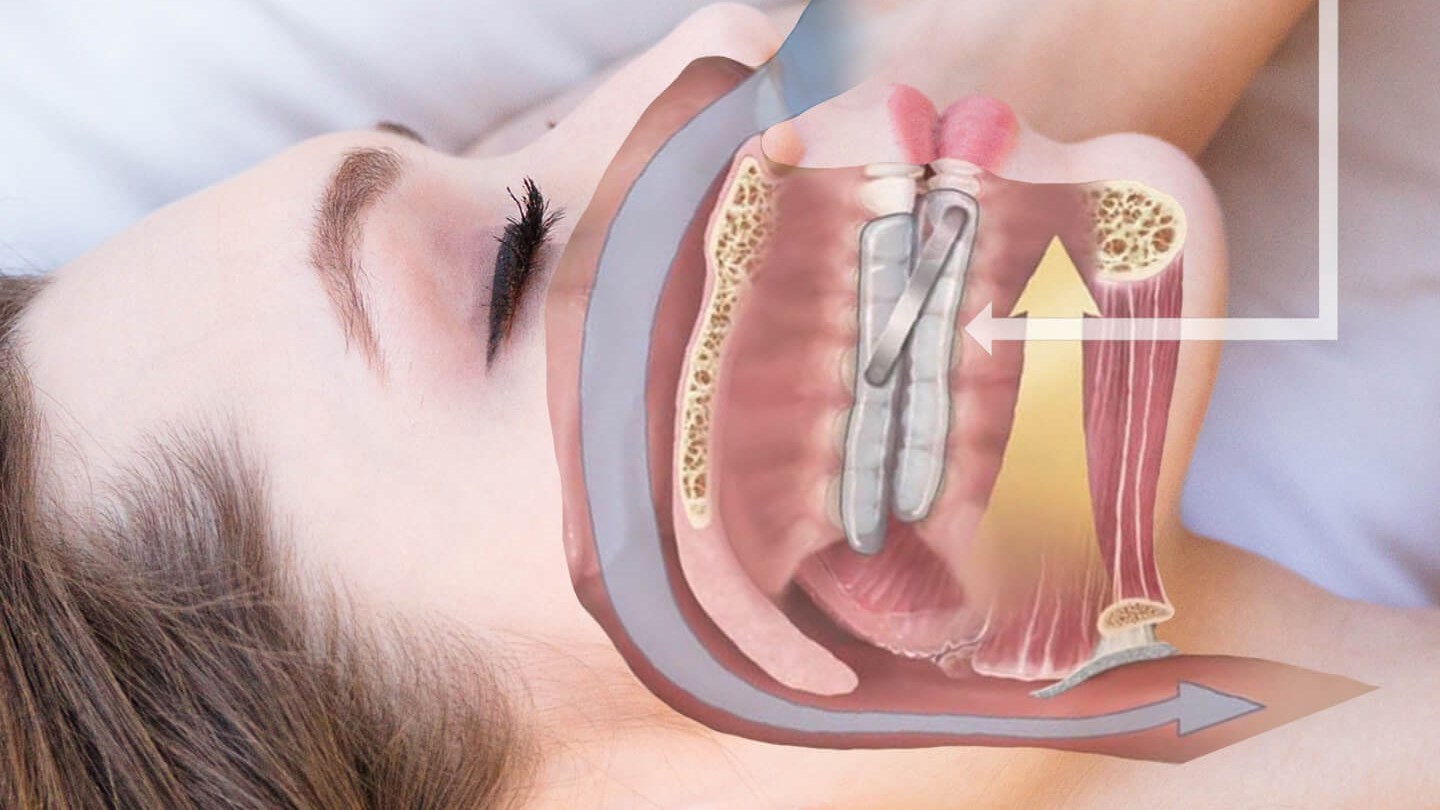"Sleep Apnea and Dentistry: Unveiling the Surprising Connection"
&srotate=0)
Sleep apnea is a sleep disorder that affects millions of people worldwide, often leaving them feeling tired, groggy, and irritable during the day. While the primary treatment for sleep apnea typically involves using a CPAP machine, there is a lesser-known but promising alternative approach that involves dentistry. In this article, we'll delve into the surprising connection between sleep apnea and dentistry, exploring how oral appliances can provide relief and improve sleep quality for those affected by this condition.
Understanding Sleep Apnea:
Sleep apnea is characterized by recurrent disruptions in breathing during sleep, leading to brief awakenings throughout the night. There are two main types of sleep apnea: obstructive sleep apnea (OSA) and central sleep apnea. OSA is the more common type, occurring when the muscles in the back of the throat fail to keep the airway open. Central sleep apnea, on the other hand, is caused by a failure of the brain to transmit the proper signals to the muscles that control breathing.
The Role of Dentistry in Sleep Apnea Treatment:
While the CPAP machine remains the standard treatment for sleep apnea, many patients find it uncomfortable or struggle to adapt to its use. This is where dentistry comes into play. Dental professionals, specifically those trained in dental sleep medicine, can offer an alternative solution in the form of oral appliances.
Oral appliances are custom-made devices, resembling sports mouthguards, that are designed to reposition the lower jaw and tongue to keep the airway open during sleep. By doing so, they can effectively reduce the frequency and severity of sleep apnea episodes. These appliances are less intrusive than CPAP machines and are particularly beneficial for individuals with mild to moderate OSA.
Benefits of Dental Sleep Medicine:
1. Improved Sleep Quality: Oral appliances can help prevent the interruptions in breathing that characterize sleep apnea, leading to better sleep quality and increased overall well-being.
2. Comfort and Convenience: Unlike CPAP machines, which involve wearing a mask and can be noisy, oral appliances are discreet, comfortable, and easy to travel with.
3. Enhanced Compliance: Many patients find oral appliances more user-friendly and are more likely to consistently use them, thus increasing treatment compliance.
4. Customized Approach: Each patient's oral appliance is tailored to their unique dental structure, ensuring a comfortable fit and maximum effectiveness.
5. Collaborative Care: Dental professionals work in tandem with sleep specialists and physicians to provide comprehensive care, ensuring a holistic approach to sleep apnea management.
Conclusion:
The link between sleep apnea and dentistry may come as a surprise to many, but it represents a promising avenue for those seeking effective alternatives to traditional CPAP therapy. With the advent of dental sleep medicine and the development of innovative oral appliances, individuals suffering from sleep apnea now have more options than ever to achieve restful, uninterrupted sleep. If you or a loved one are struggling with sleep apnea, consider consulting a dental sleep medicine practitioner to explore the potential benefits of this innovative approach. Your journey to better sleep and improved quality of life could be just a dental visit away.